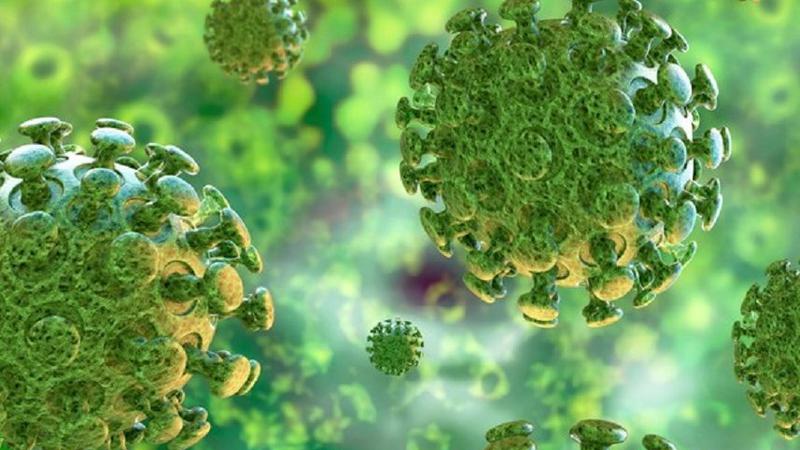
Microbiologist discusses new COVID variant detected in Saskatchewan
One of the latest variants of COVID-19 has been detected in Saskatchewan.
The new variant is called EG.5. The latest Community Respiratory Illness Surveillance Program (CRISP) report issued by the Saskatchewan Ministry of Health said at least 21 samples tested positive for the new variant between July 16 and Aug. 12.
Dr. Joseph Blondeau, the head of clinical microbiology at Royal University Hospital in Saskatoon, said there’s nothing to be concerned about yet.
“What the trend has been with these new variants is that they seem to have some increased advantage for transmissibility but a decreased virulence,” he said. “I’ve not seen anything yet to suggest that we have to be worried about it.”


